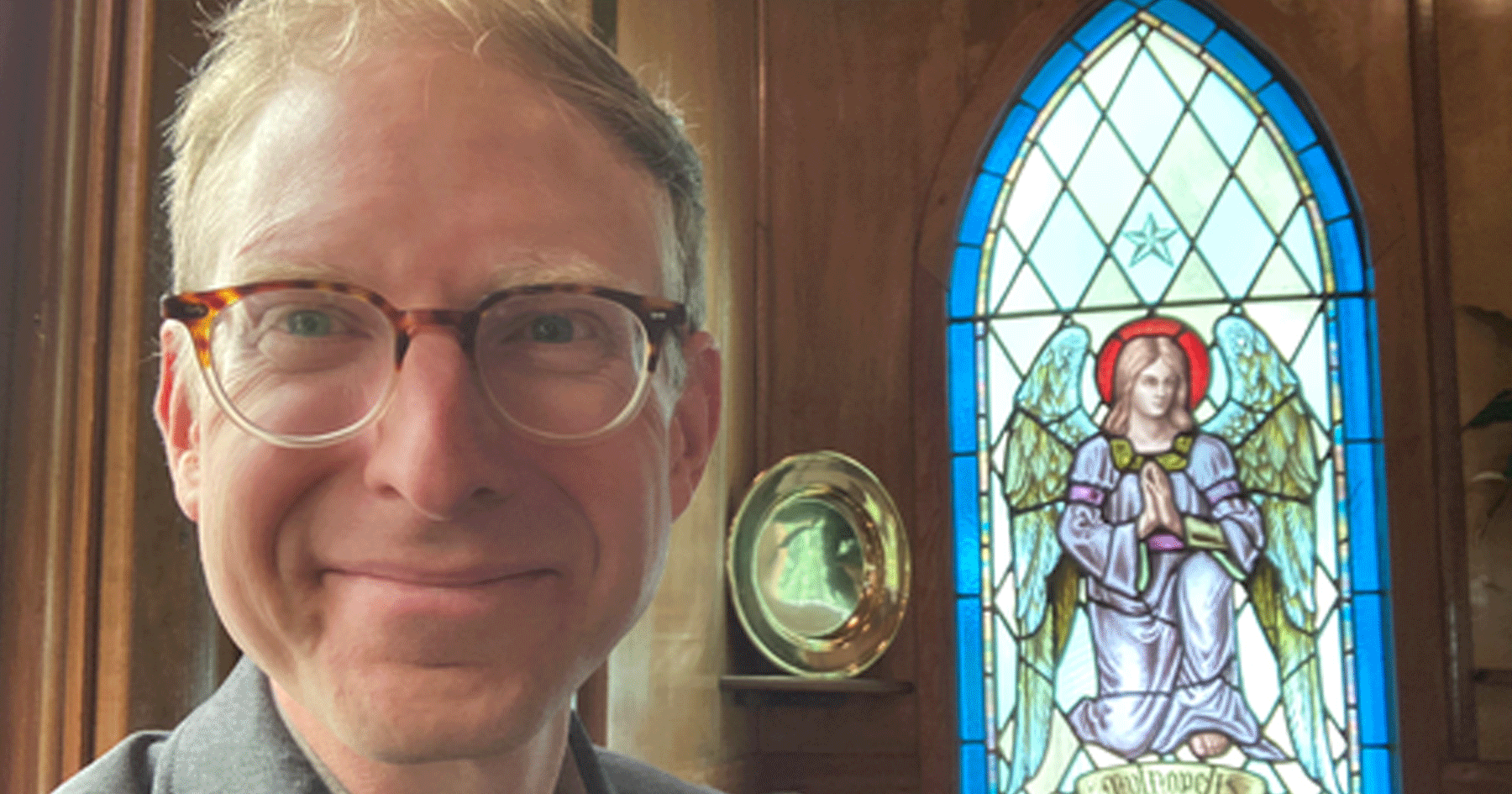It seems a basic enough question, and yet, I wonder how often we think about the reasons why we gather. We all have our reasons for coming to church, of course. For some it’s the liturgy. For some it’s the Eucharist. For some, it’s one of the few places we can sing–really sing–together with others. For some it’s the haven of silence in otherwise frantic and busy lives. For some it’s the sense of community. For others it’s a sense of the familiar.
When Jesus gathers his disciples on the mountaintop–the time when glory shone all around; when his clothes dazzled, sparkled, and glowed; when a voice spoke from the heavenlies declaring Jesus to be God’s beloved–his disciples had all kinds of reasons to stay. To mark and preserve that moment. To build a monument to a most incredible moment. To preserve an experience in the (albeit very recent) past.
“It is good for us to be here,” one says. And while we don’t hear the voices of the other two, I can imagine James and John expressing similar sentiments–albeit for their own reasons.
It is good to gather and we all have our reasons. Many of them are quite good and yet Jesus, in this moment, points us to a better way:
What is the purpose and work of a congregation?
For years, since serving as a trainer in the Diocese of New Westminster’s school for congregational development, I have worked with a variety of Christian communities to frame our response in this way:
“The unique purpose and work of a congregation is to gather those called by God into Christ’s body, the Church–a community of transformation of mind, heart, and action–and to send these same people into the world both to be and to act as God’s loving and transforming presence.”
That is to say, the purpose of a congregation is to be the body of Christ, a foretaste of God’s kingdom here on earth.
The church is not primarily about our individual relationship with Jesus, or to pursue our own spiritual path (although this is part of it). Rather, we are gathered by God (and we seek, with God, to gather others) to form and to renew Christian folk in creating and renewing a world we believe both already exists, and is in the process of becoming God’s own kingdom.
God gathers us together in congregations so that we might be transformed in our vulnerable encounters with Jesus, the one who is transfigured before us, and who invites us into a transfigured life. God gathers us not that we keep these gifts to ourselves, but so that we might be transformed and sent into the world to bear witness to the hope that animates our every breath.
God gathers us so that we might be transformed in our vulnerable encounters with others, as we practice the ways of God’s kingdom: the ways of confession, forgiveness, reconciliation, courage, compassion, solidarity; the ways of radical generosity, hospitality, and welcome; the ways of peace, hope and self-giving love.
The purpose and work of every congregation can be summarized in this way:
Gather – Transform – Send
God gathers us together. We are transformed by our vulnerable encounters with God and one another. And then, perhaps awe-filled, perhaps terrified, perhaps animated by joy, we are sent forth from the mountaintop into the world.
We are sent, but we do not go alone. We go with Jesus, and we go with one another into the contexts where we minister and bear witness to the one who gathers, transforms, and sends. We go with Jesus and one another into the world to proclaim and embody God’s loving presence in the relationships, communities, roles, and occupations we already find ourselves in. And then, once again we gather, as the cycle repeats.
In each community across this vast diocese, God is inviting us into this life-giving flow that we might be a community gathered and gathering; transformed and transforming; journeying with Jesus up the mountain and back again into the places where we are sent and sending.


